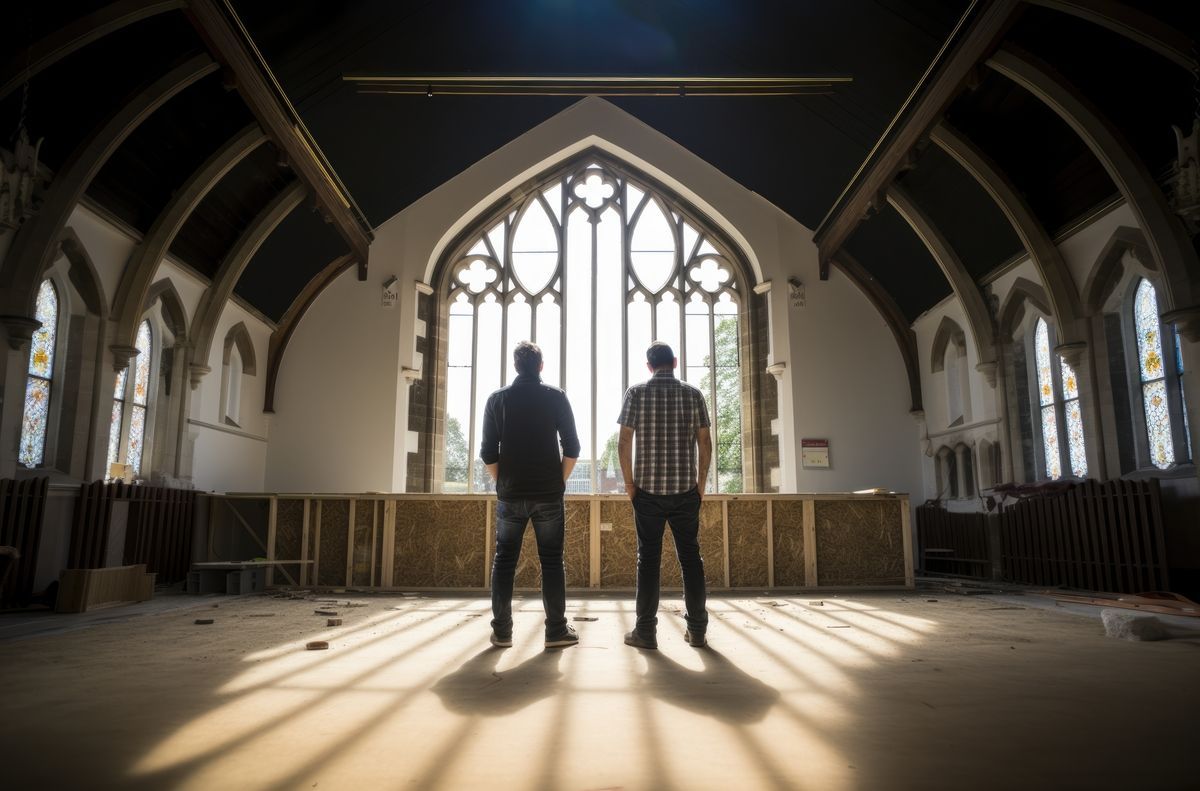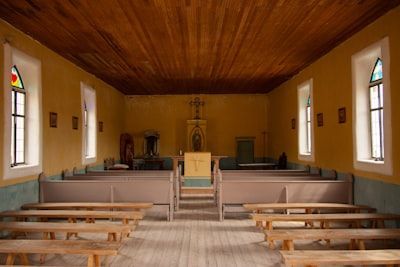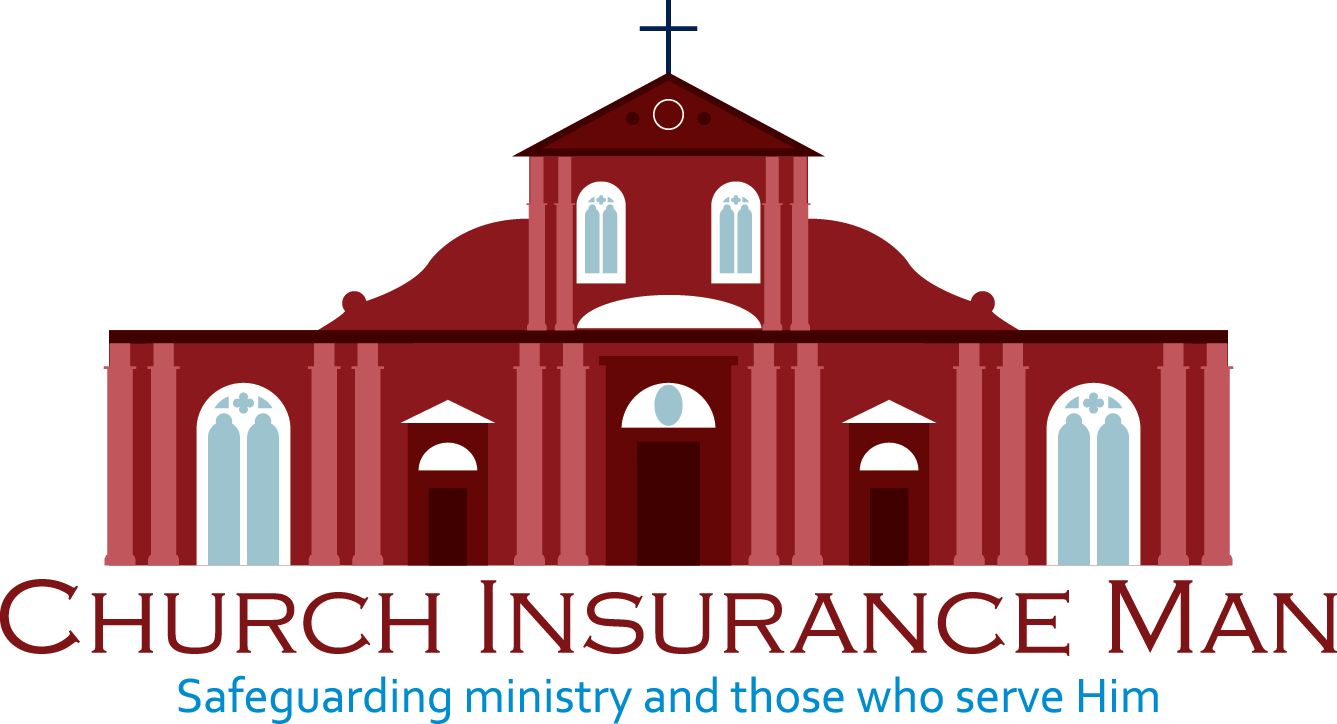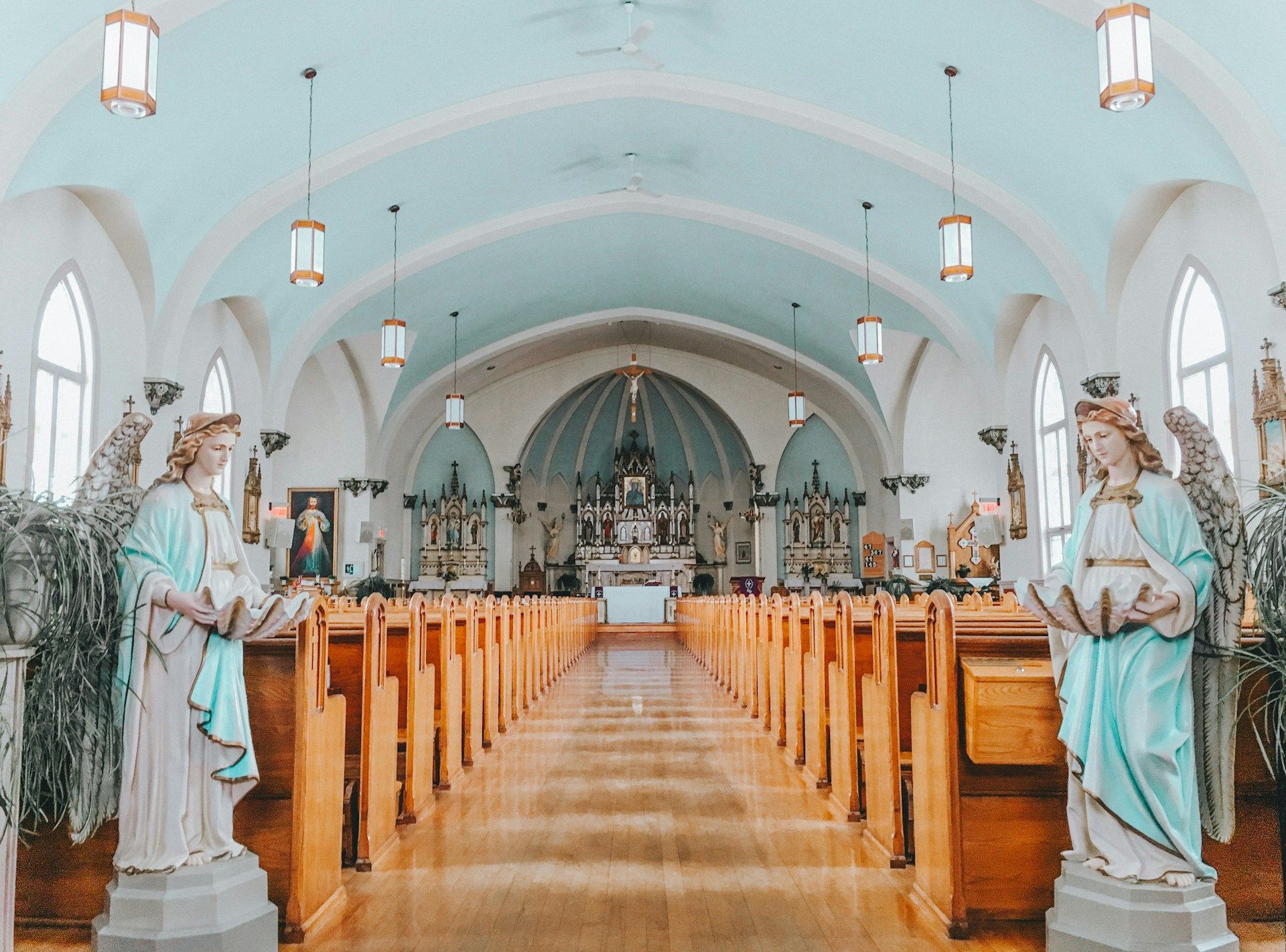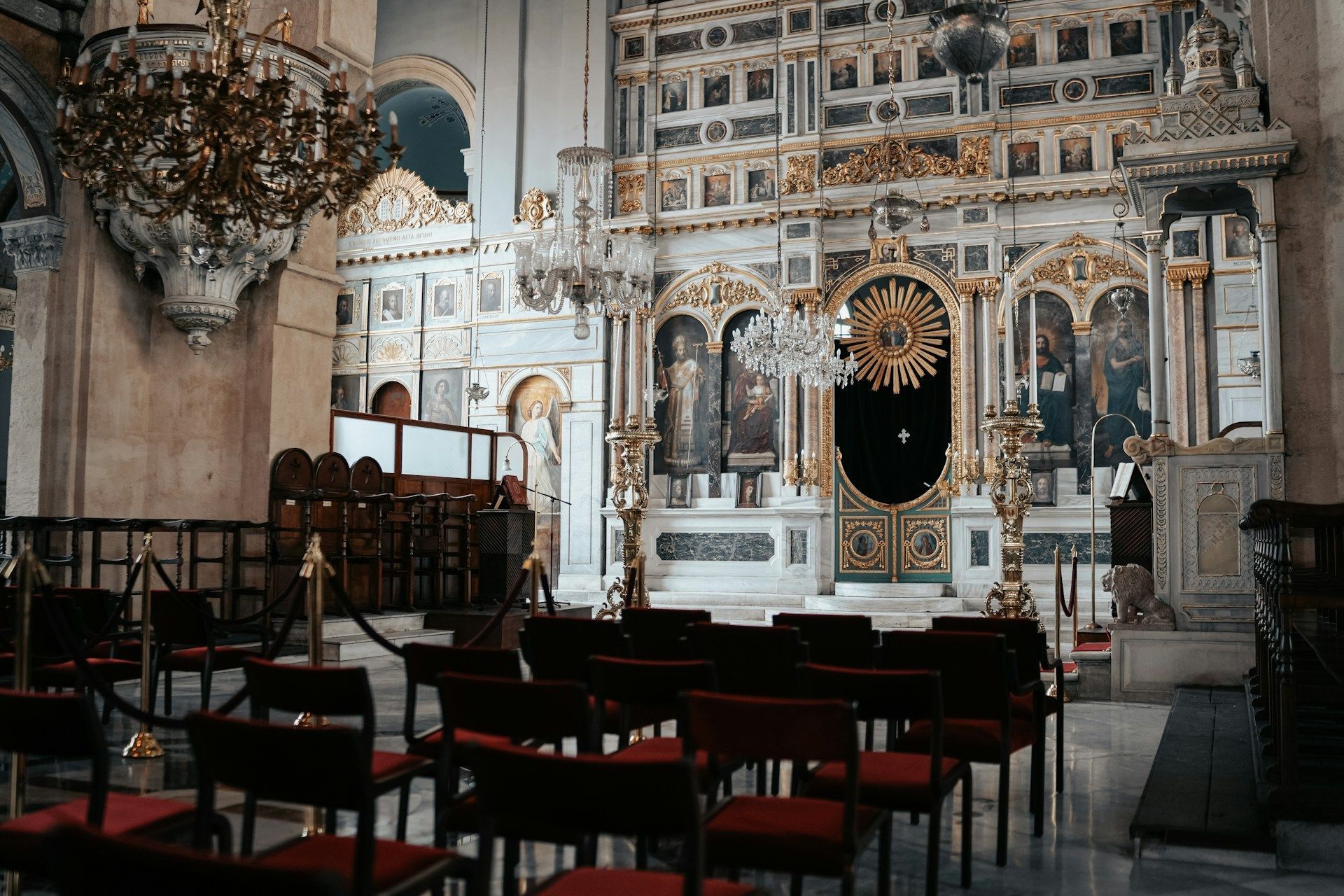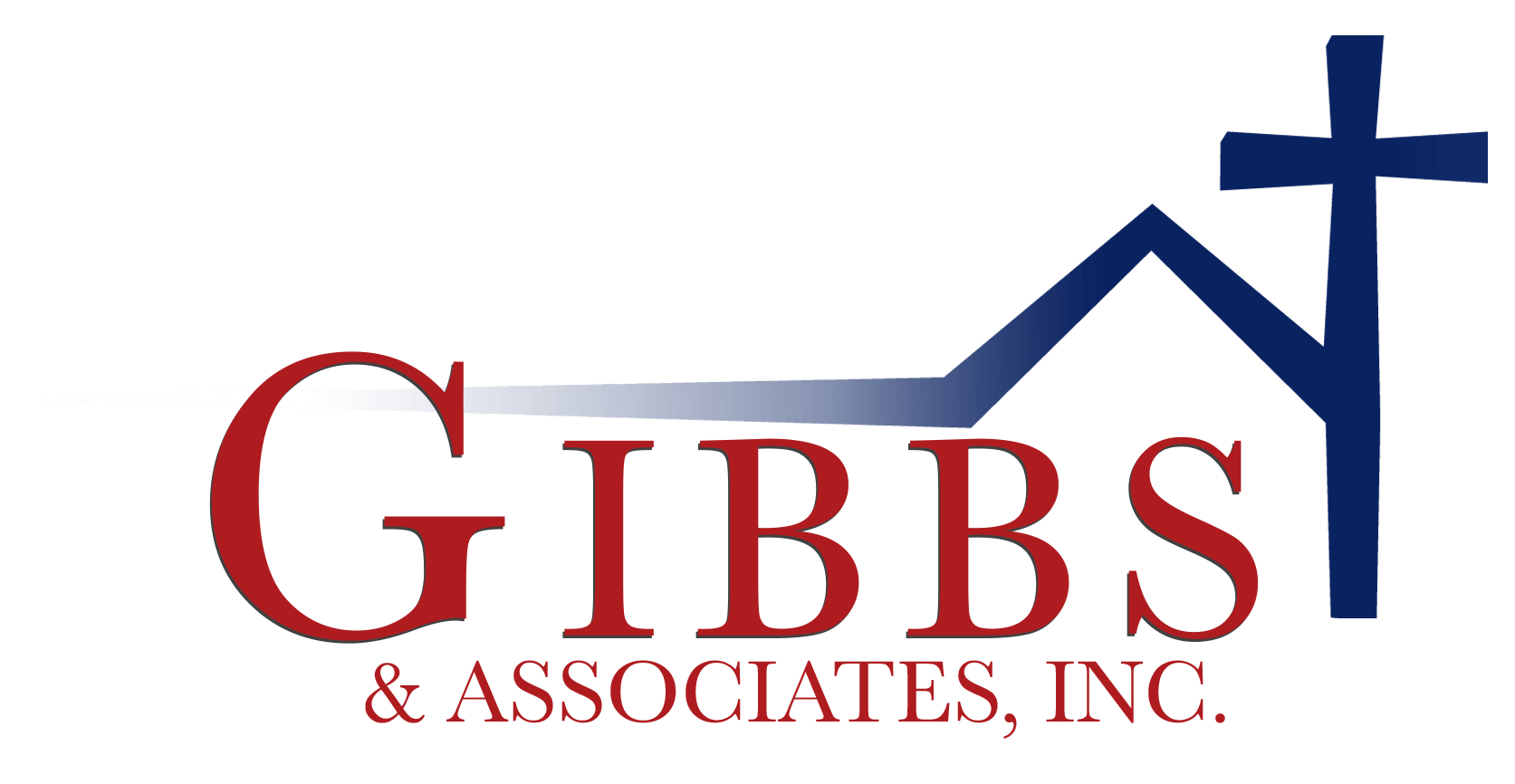Choosing the Right Church Insurance Package
When it comes to safeguarding your church, having the right insurance is essential. Churches are more than just buildings; they're communities that host a wide range of activities, from worship services to community outreach programs. With so much going on, it's crucial to ensure that your church is protected from any unforeseen events that might occur.
In Georgia, churches have unique needs and face specific risks that can impact their operations. Whether it's the threat of natural disasters like hurricanes or tornadoes or everyday risks such as theft and accidents, being prepared with comprehensive insurance is vital. By understanding the different types of church insurance available with Church Insurance Man, you can choose the best coverage to meet your church's needs.
Getting the right mix of policies can be challenging, but it's worth the effort. From property insurance to liability coverage, each type of policy plays a crucial role in protecting your church’s assets and your congregation. Diving into the intricacies of church insurance will help you make informed decisions, ensuring that your church remains a safe and welcoming place for everyone.
Understanding Different Types of Church Insurance
Church insurance isn't a one-size-fits-all concept. There are various types of policies that cater to different aspects of your church's operations and risks. Here are some of the most common types of church insurance:
1. Property Insurance: This coverage protects your church building and its contents from damage or loss caused by events like fires, storms, vandalism, or theft. Given the unpredictable weather in Georgia, ensuring your church property is protected is a must.
2. General Liability Insurance: This type of insurance covers legal fees, medical expenses, and settlements if someone is injured on your church property or if your church is found liable for damages during its activities. This can include things like slip-and-fall accidents or damage caused during community events.
3. Directors and Officers (D&O) Insurance: This policy protects the leaders of your church, such as board members and officers, from personal losses if they are sued for decisions made while performing their duties. This is crucial in safeguarding the people who help run your church.
4. Business Auto Insurance: If your church owns vehicles used for transporting members or for other activities, this insurance covers accidents, damage, and liability. It ensures that your church’s transportation needs are met without worrying about potential risks on the road.
5. Workers' Compensation Insurance: This coverage is for employees of the church, providing benefits if they get injured or sick because of their job. It helps cover medical expenses and lost wages, ensuring that your staff is taken care of.
Understanding these various types of insurance helps in building a robust protection plan tailored to your church's specific needs. Each policy plays a unique role in ensuring that your church remains a safe and secure environment for everyone involved.
Key Factors To Consider When Choosing Insurance Packages
Selecting the right insurance package for your church involves considering various factors to ensure comprehensive coverage. Here’s what you should keep in mind:
1. Assessment of Church Activities: Evaluate the regular activities and events your church hosts. Are there frequent community events, youth programs, or off-site missions? Knowing this helps in selecting the right policies that cover all aspects of your church’s functions.
2. Risk Exposure: Understand the specific risks your church faces. For instance, if your church is located in a flood-prone area of Georgia, it’s essential to have flood insurance. Identifying these risks will help in choosing appropriate coverage.
3. Budget Constraints: Determine your church’s budget for insurance. While it’s important to have comprehensive coverage, it’s also crucial to select policies that your church can afford. Balance is key in ensuring adequate protection without overextending financially.
4. Policy Coverage: Look into the specific coverages each policy offers. Some policies might have exclusions that could leave your church vulnerable. Reading the fine print helps in understanding exactly what is and isn’t covered.
5. Provider’s Reputation: Research the insurance providers you are considering. Check their customer service, claim handling process, and customer reviews. A reputable provider can make a significant difference in times of need.
6. Legal Requirements: Ensure that your chosen insurance policies comply with Georgia state laws and any other legal requirements specific to non-profits and religious organizations. This helps avoid any legal complications down the road.
By considering these factors, you can make an informed decision that best protects your church and its community. Comprehensive coverage not only provides peace of mind but also ensures that your church can continue its mission without interruptions.
Benefits of Comprehensive Church Insurance Packages
Opting for a comprehensive church insurance package comes with several advantages. Here’s how a well-rounded insurance plan can benefit your church:
1. Complete Coverage: A comprehensive package ensures that all potential areas of risk are covered. From property and liability insurance to business auto and workers’ compensation, your church remains protected against various unforeseen events.
2. Financial Protection: Avoiding high out-of-pocket costs is crucial. Comprehensive insurance mitigates financial risks by covering expenses related to damages, lawsuits, medical bills, and other liabilities, helping your church maintain financial stability.
3. Peace of Mind: Knowing that your church is fully insured allows you to focus on your mission and community without worrying about potential risks. This peace of mind benefits church leaders, staff, and congregation members.
4. Reputation Management: Legal disputes and damages can harm your church’s reputation. Comprehensive insurance helps manage these risks effectively, ensuring your church’s good standing in the community is maintained.
5. Tailored Solutions: Many insurance providers offer packages that can be customized to fit your church’s specific needs. This means you can choose policies that address your unique risks, ensuring the best possible protection.
6. Quick Recovery: In case of an incident, having comprehensive coverage allows for faster repairs, replacements, and legal resolutions. This ensures that your church’s activities can resume with minimal disruptions.
By opting for a comprehensive insurance package, you ensure that your church is well-protected from a wide array of risks. This holistic approach safeguards your mission and community, keeping your focus on what truly matters.
Tips for Selecting the Best Insurance Provider in Georgia
Choosing the right insurance provider for your church in Georgia is crucial. Here are some tips to help you make the best choice:
1. Research Providers: Look for insurance companies with extensive experience in providing coverage for churches and non-profits. Their familiarity with the unique needs and risks associated with these organizations can be beneficial.
2. Check Reviews and Ratings: Client reviews and ratings can provide valuable insights into an insurance provider’s reliability, customer service, and claim handling process. Pay attention to feedback from other churches in Georgia for context-specific experiences.
3. Evaluate Coverage Options: Ensure that the provider offers a range of policies that cover all aspects of church operations, including property, liability, business auto, and workers’ compensation. Comprehensive options are a sign of a well-rounded provider.
4. Ask About Customization: Some providers offer customizable packages tailored to your church’s specific needs. Discuss your church’s activities and potential risks to see if the provider can tailor their offerings accordingly.
5. Compare Quotes: Request quotes from multiple providers to compare pricing and coverage. Make sure to understand what each quote includes and excludes, allowing for a clear comparison.
6. Understand Their Claim Process: A critical factor in choosing an insurance provider is how they handle claims. Make sure the provider has a straightforward, efficient claim process with prompt response times.
7. Seek Recommendations: Talk to other churches and non-profits in Georgia for recommendations. Their firsthand experiences can guide you toward a reliable provider.
Selecting the right insurance provider ensures that your church in Georgia receives the best possible protection. A dependable provider with comprehensive and customizable options will help safeguard your church’s future.
Conclusion
Protecting your church with comprehensive insurance is a critical step in ensuring its longevity and success. From understanding the different types of church insurance to considering key factors when choosing an insurance package, every decision contributes to the overall safety and security of your church community.
In Georgia, with its unique risks and regulations, it's essential to choose the right insurance provider that understands your specific needs. Comprehensive insurance packages offer financial protection, peace of mind, and tailored solutions that keep your focus on your mission without worrying about unforeseen setbacks.
Ready to secure your church with the best
Church insurance coverage? Contact Church Insurance Man today to explore customized insurance solutions designed specifically for churches in Georgia. Protect your ministry, protect your community.


